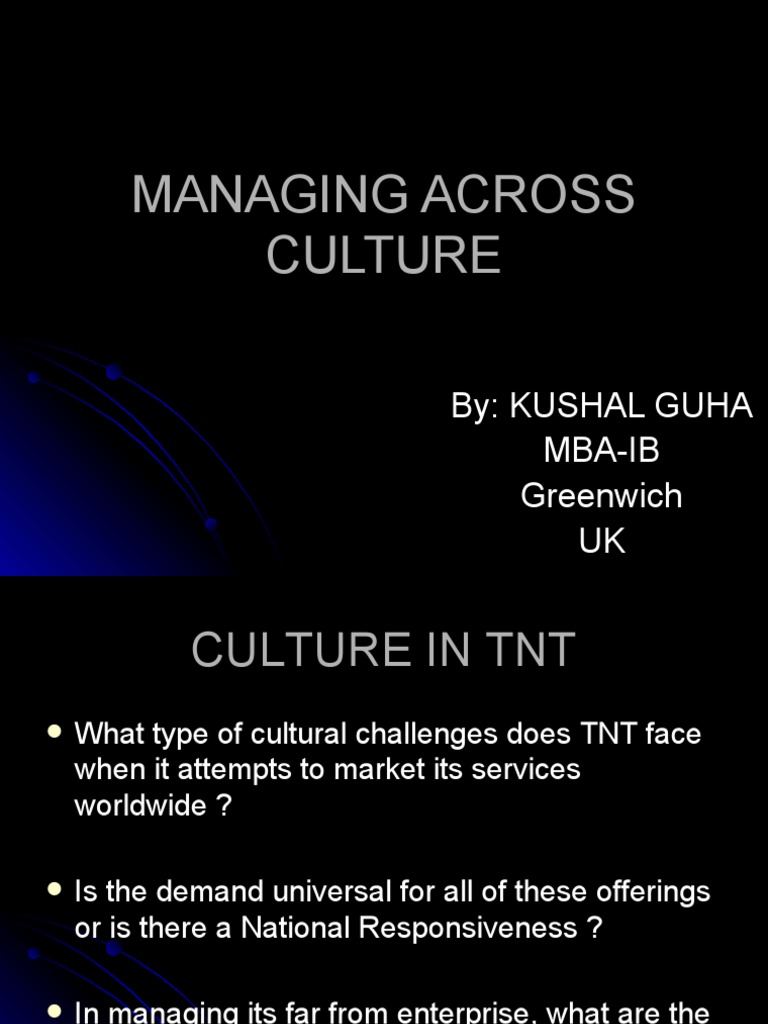Cultural knowledge challenges manifest in various forms across different societies, primarily stemming from disparities in educational access, economic disparities, and the intricate web of historical influences. As cultures interact and intertwine, the knowledge gap often grows, highlighting a significant barrier to mutual understanding and cooperation. These challenges are not merely academic—they are deeply intertwined with the fabric of social, political, and economic realities faced by individuals and communities alike.
One of the primary challenges in cultural knowledge arises from the disparities in educational systems worldwide. In many regions, particularly in developing countries, access to comprehensive education is limited. The consequences are manifold; children may attend schools that lack basic resources, trained teachers, and relevant curricula. As a result, a significant portion of the population does not acquire the necessary skills to navigate the complexities of both local and global cultures. This educational disparity creates a cycle of ignorance that not only stunts individual growth but also perpetuates cultural stereotypes and biases. When entire communities lack exposure to diverse perspectives, polarization ensues, breeding discord rather than harmony.
Moreover, economic disparities exacerbate these cultural knowledge challenges. Wealthier nations often dominate global discourse, shaping narratives that are frequently reflective of their interests and values. This marginalization leaves developing countries at a disadvantage, where voices and perspectives are overshadowed by more powerful economic players. Such dynamics engender a reluctance to engage with cultures perceived as ‘lesser’ or ‘backward,’ leading to a homogenization of cultural landscapes. The allure of dominant cultures can result in the erosion of indigenous knowledge systems, traditions, and languages, which are irreplaceable repositories of cultural history and collective identity.
Additionally, historical influences significantly impact cultural knowledge challenges. Colonial legacies still resonate in many parts of the world, creating entrenched divisions and deep-seated prejudices. Historical narratives often erase or distort the contributions of subjugated cultures, leading to a skewed understanding of history that underpins current societal values. The failure to acknowledge past injustices complicates contemporary cultural interactions, in which marginalized groups may feel compelled to defend their heritage while simultaneously navigating a landscape dominated by the influences of their oppressors.
Language serves as a formidable barrier in the landscape of cultural knowledge challenges. Linguistic diversity is staggering, with thousands of languages spoken globally, each embodying unique worldviews and epistemologies. However, in a world increasingly inclined toward globalization, many languages face extinction due to dominant cultures imposing their tongues on others. This imposition results in the loss of invaluable cultural knowledge embedded in these languages, narrowing a society’s ways of knowing and understanding.
In an age characterized by connectivity, the digital landscape can either bridge or widen gaps in cultural knowledge. Social media platforms and online educational resources possess the potential to democratize access to information, offering marginalized voices a platform to share their stories. Yet, the digital divide remains a critical concern, where individuals without reliable internet access or technological literacy find themselves excluded from these conversations. Consequently, the individuals most in need of cultural insight often lack the tools to obtain it, thereby reinforcing existing divides.
Furthermore, the fascination with cultural knowledge persists for several reasons. Humans are innately curious beings, drawn to the richness of diverse traditions, beliefs, and practices. This essential curiosity is often hindered by preconceived notions and biases that limit one’s willingness to explore. Cultural knowledge challenges lead to a paradox: while there exists a profound desire to understand ‘the Other,’ entrenched cultural barriers often inhibit this process. There is a deeper yearning, particularly among younger generations, to embrace multiculturalism and inclusivity, yet institutional structures frequently resist change, caught in the throes of outdated paradigms.
Addressing cultural knowledge challenges demands a multifaceted approach. Education reform is imperative. It should prioritize critical thinking, intercultural competence, and inclusivity in curricula. By fostering environments that celebrate diversity, educational institutions can equip individuals with the knowledge and empathy necessary to engage meaningfully with people from various backgrounds. Such an approach can cultivate not only understanding but also active participation in the preservation of marginalized cultures.
Furthermore, fostering dialogue between cultures is vital. Cross-cultural exchanges, community partnerships, and collaborative projects can bridge divides and highlight shared humanity. By creating safe spaces for dialogue, communities can explore similarities, celebrate differences, and forge connections. This enhances cultural literacy and encourages individuals to appreciate the complexity of human experiences—countering the often reductive narratives presented by mainstream media.
Finally, the recognition of the importance of preserving and revitalizing endangered languages is crucial. Advocating for linguistic diversity and the incorporation of indigenous languages into educational systems can help sustain cultural knowledge. These languages are vessels of cultural heritage, encapsulating philosophies, traditions, and worldviews that are essential to the identity of their speakers.
In conclusion, cultural knowledge challenges are systemic and multilayered, arising from inequities in education, economic power dynamics, historical influences, and linguistic diversity. However, the potential for change lies in our collective willingness to address these challenges through education, dialogue, and a commitment to preserving diverse cultures. By acknowledging the complexity of these issues, societies can cultivate a more inclusive and understanding world, benefiting all of humanity.
